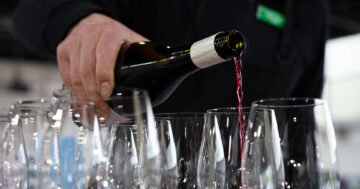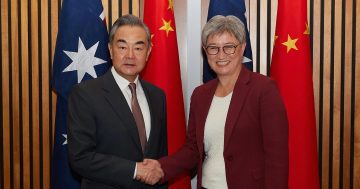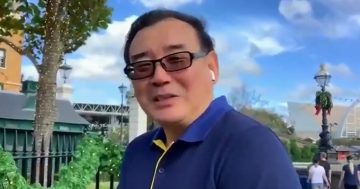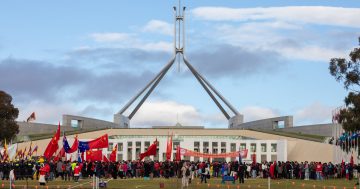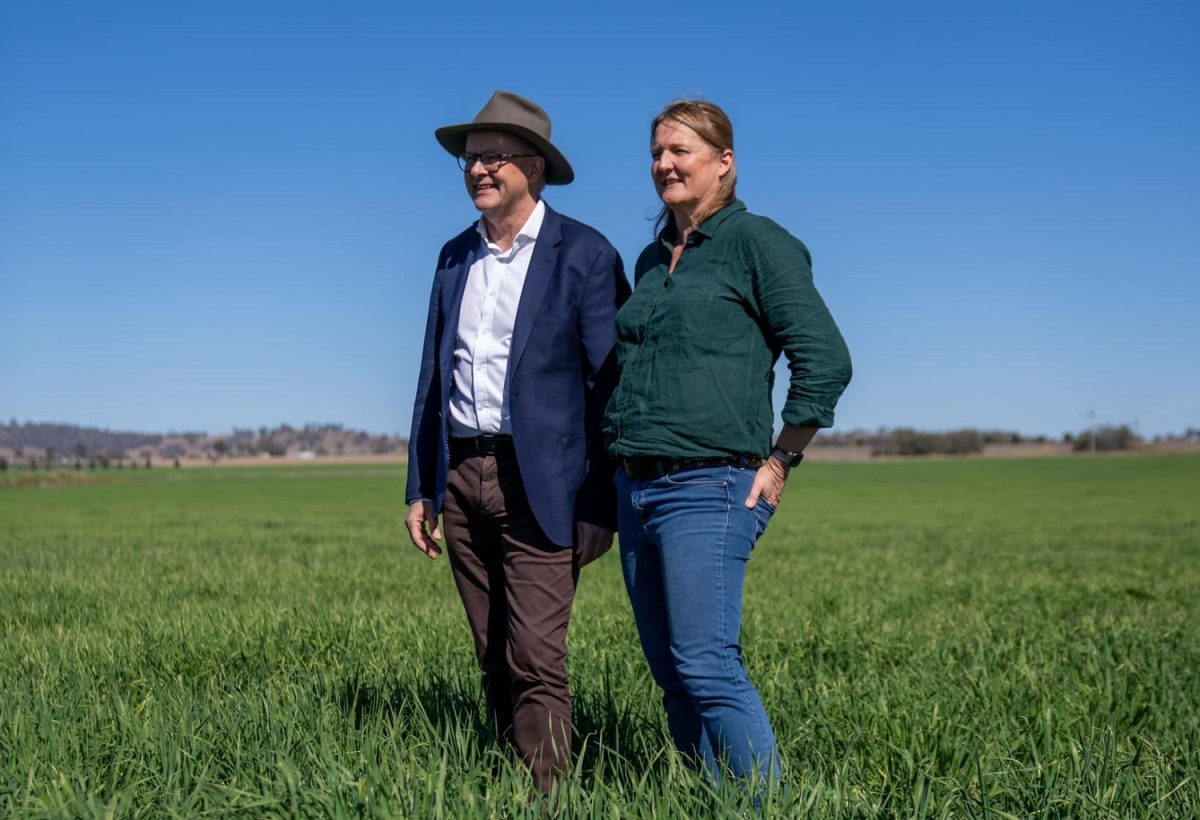
The dropping of punitive tariffs on Australian barley after more than three years is the first step in what the government hopes will be a reopening of Chinese markets to Australian goods. Photo: Facebook.
While the Australian Government enthusiastically boasts that China’s markets are slowly opening up to Australian products, it appears the Chinese Communist Party remains firmly closed off to finding any solutions for the illegal detention of Australian citizens.
The government says it has finally started to make inroads back into some of China’s markets after several years of effectively being locked out due to punitive tariffs.
The first major breakthrough came on 5 August when China removed the 80.5 per cent tariff it had placed on imports of Australian barley. The tariffs were levied in May 2020 in response to China’s allegation that Australia had been subsidising and dumping its barley exports onto China’s market.
“We welcome this outcome, which paves the way for our barley exporters to re-enter the Chinese market – benefiting Australian producers and Chinese consumers,” a joint release by Minister for Foreign Affairs Senator Penny Wong, Minister for Trade and Tourism Senator Don Farrell, and Minister for Agriculture, Fisheries and Forestry Senator Murray Watt read.
Despite the spurious claims of dumping and subsidies, most analysts agree that these and other trade blockages – including a refusal to unload Australian coal from ships for months – were in response to the Australian Government’s call for an investigation into the origins of COVID-19.
These bans were also applied to Australian crayfish exports to China, although demand quickly meant a thriving black market for the crustaceans opened up via Hong Kong, with Chinese officials reportedly turning a blind eye.
Australia has been in dispute with China over the barley and other tariffs, and had taken its case to the World Trade Organisation (WTO). It has now discontinued the process over barley, but remains in dispute over tariffs remaining on several other Australian exports, most notably wine.
“This outcome demonstrates the importance of the WTO dispute mechanism in defending the interests of Australia’s world-class producers and farmers,” the joint release read. “We have been clear that we expect a similar process to be followed to remove the duties on Australian wine.
“We will continue to press for all trade impediments affecting Australian exports to be removed, which is in the interests of both Australia and China.”
But Trade Minister Don Farrell is under no illusions about the possible lifting of tariffs on Australian wines. In an interview with the Sydney Morning Herald, he said he expects getting China to drop its tariffs on wine will be harder to achieve than barley.
“We’re prepared to do with wine what we did with barley, suspend the [WTO] application, that will require some action on their part to review their internal application of tariffs,” he said.
In the 2017 to 2021 period, China was the largest importer of Australian wine. But since it imposed a 212 per cent tariff in 2021, China has tumbled out of the top 10 importers. As a result, the Australian export market for wine has tumbled from a high of $2.9 billion in 2019 to $1.8 billion in 2022/23.
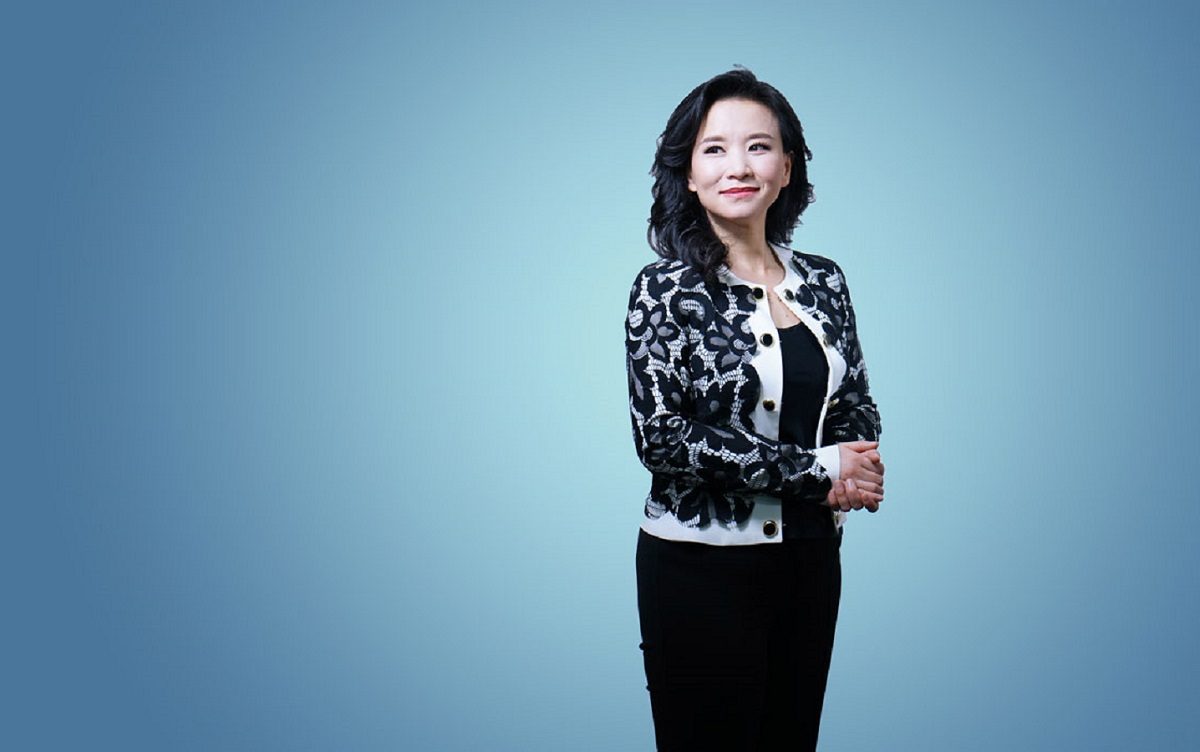
While China’s trade markets might be re-opening, Australian journalist Cheng Lei remains imprisoned without charge or trial. Photo: CGTN.
During the more than three years the Chinese market was closed to barley imports from Australia, government trade missions had helped to open up new markets, including India with the Australia-India Economic Cooperation and Trade Agreement, and the UK after the signing of a free trade agreement.
The same market diversification efforts are happening with other Australian exports, including dairy, meat and livestock, seafood, cotton and vegetables.
But as Australian journalist Cheng Lei marked her third year in detention on 12 August, the Australian government continues to give unclear answers to questions about the potential of her release, just saying it continues to advocate on her behalf.
“Australia has consistently advocated for Ms Cheng, and asked that basic standards of justice, procedural fairness and humane treatment to be met for Ms Cheng, in accordance with international norms,” Foreign Minister Senator Penny Wong said in an 11 August statement. “We will continue to support Ms Cheng and her family and to advocate for Ms Cheng’s interests and wellbeing.”












